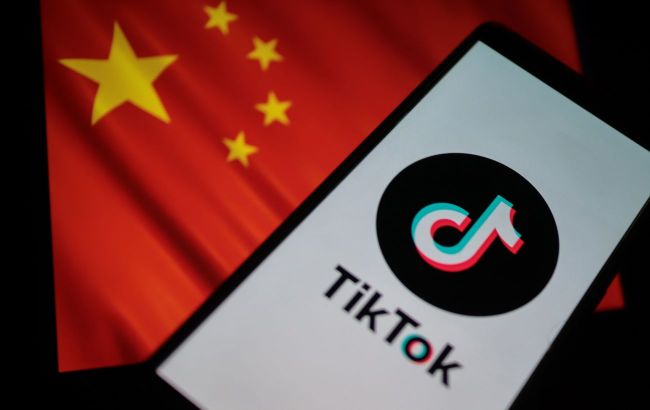No secondary sanctions: China and US seek to extend tariff pause by another 90 days
 Photo: US and China may discuss tariff truce and TikTok's fate
Photo: US and China may discuss tariff truce and TikTok's fate
The US and China may extend the so-called tariff pause during negotiations in Stockholm, which are set to begin on July 28. The likely extension period is at least 90 days, the South China Morning Post reports.
Sources familiar with the intentions of both the US and China confirmed to the media outlet that both countries would like to extend the tariff pause. The agreement, signed by Beijing and Washington in May, is set to expire on August 12.
The talks in Stockholm are not expected to yield concrete breakthroughs, as they are planned as an exchange of views on contentious issues between the US and China. However, both sides want to agree not to impose new tariffs and to avoid escalating tensions over the trade war.
China also plans to pressure the US to lift the 20% fentanyl tariffs imposed by President Donald Trump. However, there are no signs that the United States will agree to Beijing's demand.
The average overall tariff on Chinese goods exported to the US currently stands at around 51.1%, the media outlet notes. China seeks a significant reduction in tariff barriers.
"China has always taken a constructive position and insisted on resolving issues through equal dialogue and consultations... China is ready to work with the US to use the economic and trade negotiations in Sweden as an opportunity to continuously strengthen consensus, build mutual trust, reduce misjudgments, and enhance cooperation," said the mouthpiece of China's ruling Communist Party, the People's Daily.
For his part, US Treasury Secretary Scott Bessent confirmed on an American TV channel that he plans to negotiate an extension of the tariff pause. US Secretary of Commerce Howard Lutnick stated that one of the topics up for discussion may also be the issue of TikTok - the platform could be banned in the US if it does not change ownership.
Secondary sanctions and Trump's ultimatum
It is still unknown how the tariff pause talks will affect the ultimatum issued by Trump to Russia and buyers of Russian energy resources.
On July 14, Trump gave Putin 50 days to end military actions against Ukraine. Otherwise, the US President promised to impose harsh sanctions against Russia.
These secondary sanctions would also target buyers of Russian oil, primarily China, India, and Türkiye. China would be hit especially hard, as it actively supports the Russian regime.
China is already under intense pressure from the United States. US Ambassador to NATO Matthew Whitaker stated that China must stop "subsidizing the war" in Ukraine by supporting the Russian regime and its military efforts. Meanwhile, at the UN, the US accused Beijing of directly supporting Russia's aggression in Ukraine.
The European Union, for its part, has once again demanded that China stop helping Russia in the war against Ukraine. The EU has also imposed sanctions on several Chinese banks that worked with the Russians, which triggered a panic in China and prompted demands to lift the restrictions.

